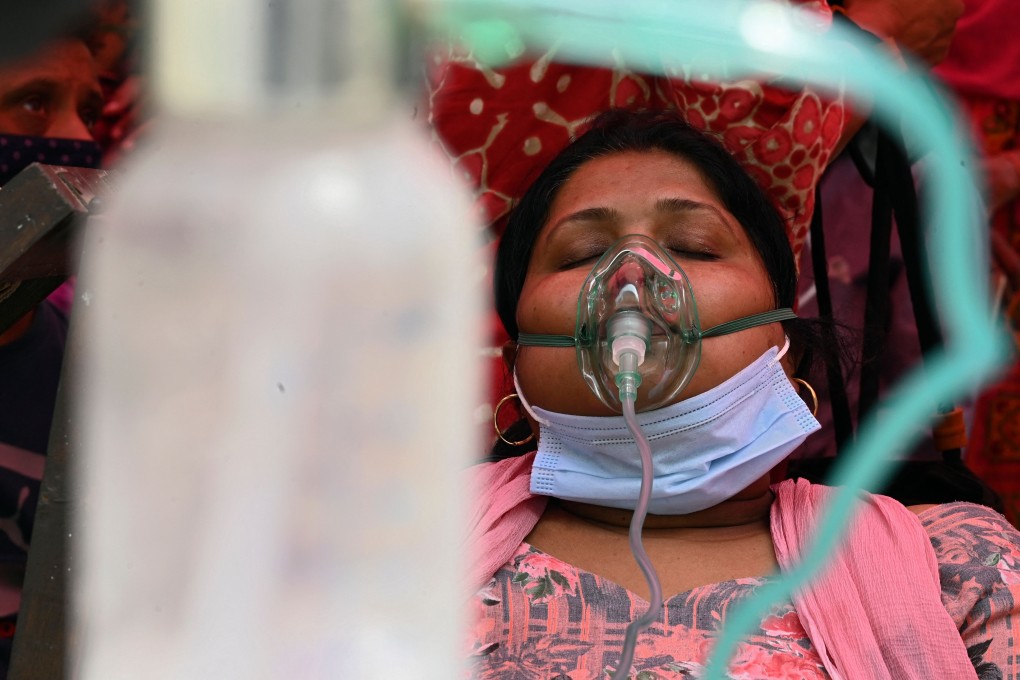Advertisement
As India’s Covid-19 surge hits embassies, Modi’s image abroad suffers
- Diplomats have not been spared the wave of infections sweeping the country. With hospitals overwhelmed, some have made public appeals for assistance
- This has embarrassed the image conscious government, still smarting from criticism that it fed the crisis by allowing festivals and political rallies
Reading Time:4 minutes
Why you can trust SCMP
15

Last week, a senior Tanzanian diplomat in New Delhi died from Covid-19 after he was refused admission by an overwhelmed city hospital and emergency treatment at an army hospital could not save him. Days later, the Philippine and New Zealand high commissions made an appeal on social media for bottled oxygen amid a nationwide shortage of medical supplies and hospital beds.
Some diplomats from a Middle Eastern country have left India in the past 10 days, with one still in Delhi, who asked not to be identified, saying it was “simpler” for them to do so rather than remain in India’s capital.
The Hindu newspaper reported that there had been Covid-19 cases in the embassies of Vietnam, Singapore and Thailand as well, though emails and phone calls to the three missions went unanswered.
Advertisement
These stories demonstrate how foreign and local staff in New Delhi’s diplomatic enclave have not been spared from India’s devastating surge in Covid-19 cases that saw infections cross 20 million on Tuesday, with daily reported deaths rising from 300 to more than 3,000 recently.
As Indians scramble to get medical care for ill family members and friends, with volunteers helping to cremate the dead in makeshift funeral pyres, foreign diplomats are making their own arrangements to stay alive.

03:02
India’s oxygen crisis: Covid-19 patients rely on express trains and makeshift camps for air supply
India’s oxygen crisis: Covid-19 patients rely on express trains and makeshift camps for air supply
But their appeals for assistance have touched a raw nerve for the image conscious Indian government led by Narendra Modi, which is beating back criticism that it let things get to this grim state. The government has blamed more virulent coronavirus variants for the surge but critics say allowing huge crowds to gather for Hindu religious festivals and political rallies have also driven the spike.
Advertisement
Select Voice
Select Speed
1.00x